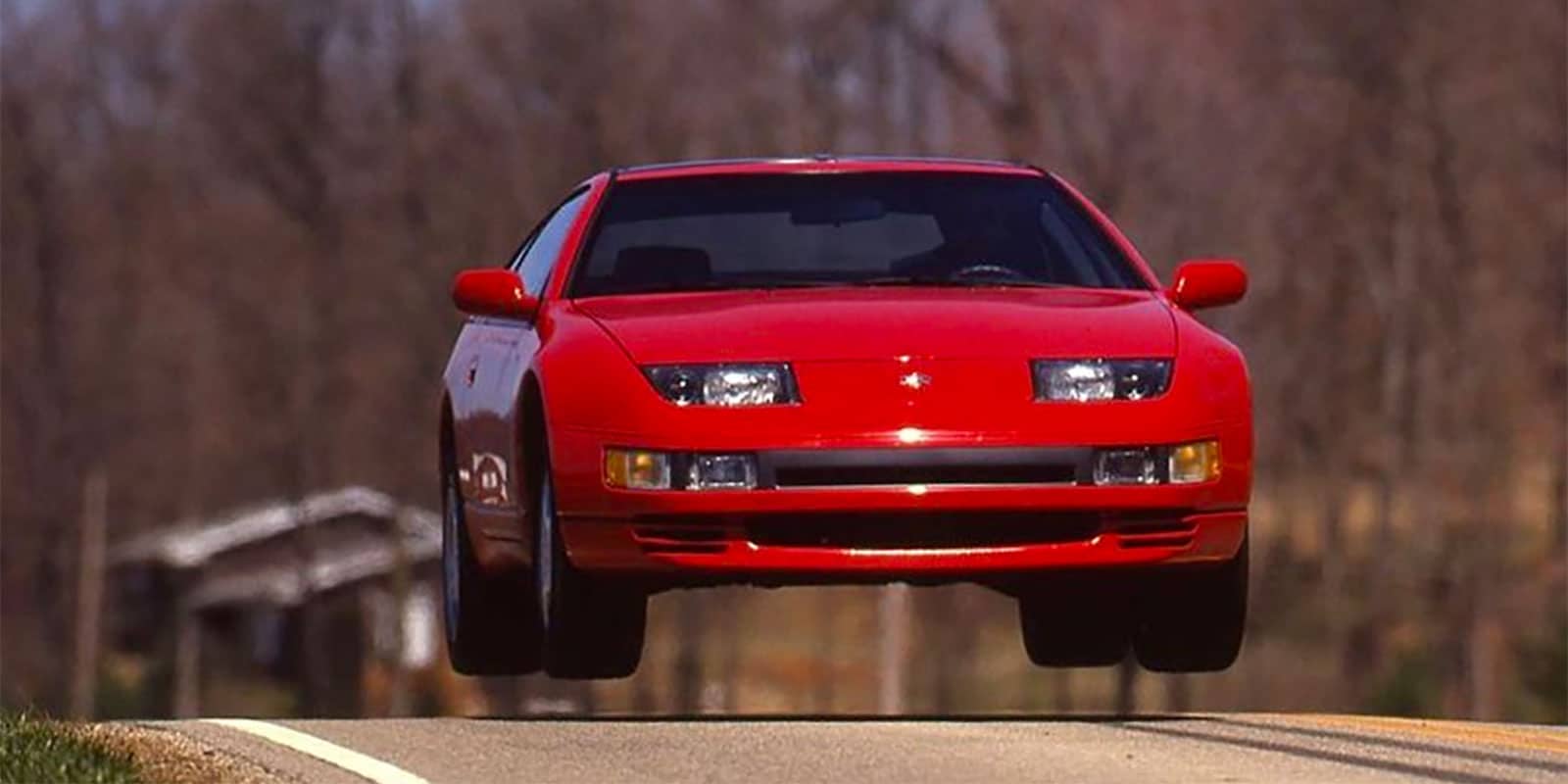Dick Hannah Nissan 19505 McLoughlin Blvd. Gladstone, OR
From the Archives : 1990 Nissan 300zx Turbo Super Bowl Commercial
December 12, 2017

(Credit – C&D)
Some people watch the Super Bowl solely for the commercials. And when your team is historically one of the worst in the last two decades, commercials make the painful reminder of how horrible your team is a worthy consolation prize.
There were, however, two very specific occasions where those viewers were rewarded with a moment that was arguably more impactful than the game itself. The Super Bowl is the one time of year where ad agencies battle for the attention span of hyper-focused fans and sometimes produce ad spots that change how consumers and products interact.
History Lesson: 1984 – The Year of the Macintosh
The idea that a comercial during a sporting event could have a substantial cultural impact (in this authors opinion) first occurred when Apple aired its dystopian and futuristic Macintosh commercial during the 1984 Super Bowl, which is now unanimously regarded as one of the most impactful advertisements of all-time. Directed by Ridley Scott, its lingering impact continues to be studied and emulated in the advertising industry.
Unbeknownst to many, however, Ridley Scott directed a similarly impactful Super Bowl commercial for Nissan six years later.
Reinventing the Wheel: 1990 – Nissan Relaunches the 300ZX
It was January of 1990, and Nissan surged into the new decade by unleashing one of the greatest moments in automotive marketing history. In an otherwise yawn-worthy blowout between the San Francisco 49ers and Denver Broncos (final score: 55-10), Nissan unleashed this beauty of a commercial, which cut through the apathy, seized the attention of the audience, scored a victory for Nissan, and ushered in a new era of auto advertising:
Call it what you will, this was the proverbial phoenix rising from the ashes.
In previous years, Nissan had been merely loitering on the doorstep of American consciousness without having fully entered it. Nissan was an “up and coming” brand, an underdog, and certainly not something worthy of watercooler talk the next day at the office. The prior z-car was a mere shadow of the legend that started the Japanese sports car craze.
That all changed in this one instant. As the engine of that 300ZX purred and pulled away from its pursuers, as the plane lagged behind in the rearview mirror, Nissan reached a new level of hyperbole and hammered a point into millions of American minds: a Nissan 300zx was something you dreamed of. [Shameless plug: The 370z is no slouch either]
Somewhat surprisingly, the commercial ended up stirring some minor controversy (for supposedly encouraging drag racing), and was yanked from airways after its lone majestic appearance. In that moment, it helped shape the entire decade yet to come in automotive advertising. The public has taken note – the 300zx was an escape from reality – it was faster than a jet (creative license). Nobody could catch it.
Goodbye Cal, Not So Sure We’ll Miss You…
Automakers had an awakening – Nissan succeeded in showing the audience that the new 300zx was fast; they didn’t need to tell them. The “show, don’t tell” method of advertising was still relatively novel at the time in the automotive world. Most automotive commercials of the 1980s (and earlier) overloaded audiences with dry dialogue, “informative” text, and stock footage of vehicles navigating through cityscapes, deserts, or mountainous terrain (some old habits die hard, apparently).
Case and point, Go See Cal:
In the OEM world, Mazda wasn’t exactly setting the world on fire either:
(Credit – AdLand.tv)
This Nissan commercial, however, was entirely different. It created a feeling, and that feeling was the entire goal of the message. There was no alternative motive.
That “create a feeling” method of advertising is the gold standard of today’s of automotive marketing. But there has never been a more seminal moment in that evolution that Nissan’s memorable Super Bowl commercial in 1990, which, pardon the pun, paved the road for all similar advertisements in the future.
Contact Us
